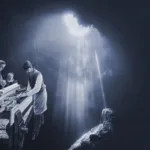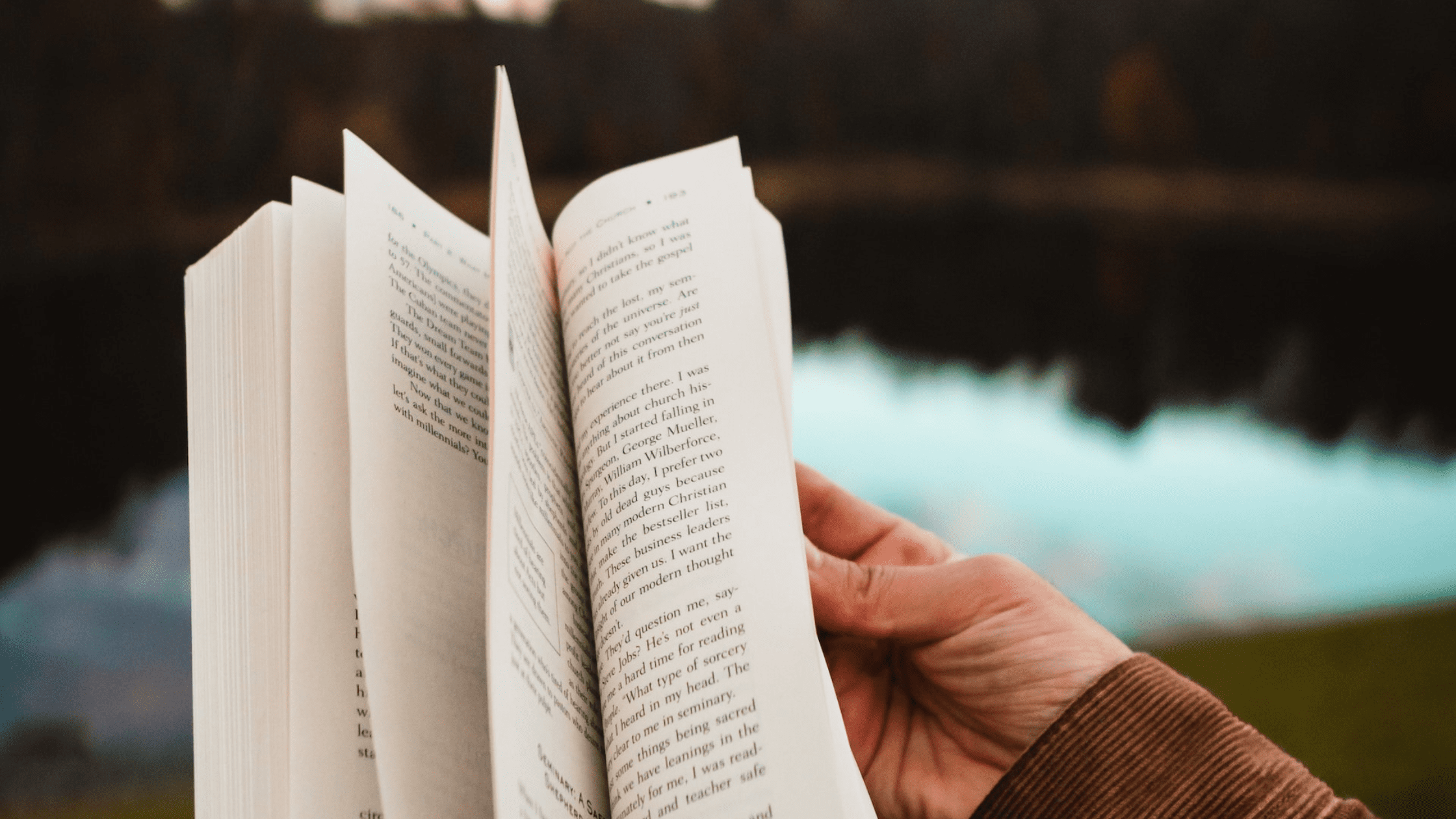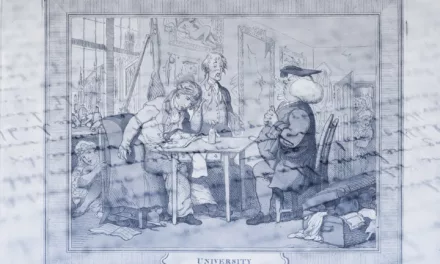
How To Plan a Novel (By Not Planning It)

Writers everywhere approach their novels differently. Some of you meticulously plan everything. Others wing it by sliding into their computer chairs ready to pants their way to a finished draft. Most people will fall somewhere in between, so which are you? Do you plan a novel, pants it, or use a mixture of both?
I’ll be honest; I’m the kind of writer who likes to plan for success. I’ve done NaNoWriMo and other writing challenges quite a few times, but I find that in the years when I come with a story plan prepared, I do better.
Before you get too worried, “a plan” doesn’t have to be as big of a deal as you might think. Many writers thrive on the understanding that a novel unfolds as it wants. This makes it difficult to plan a novel. As a self-proclaimed “organized pantser,” I completely agree with that sentiment.
Here are some methods of planning a novel that I love to employ before I get started on a big writing project:
Outline
When people talk about planning, they almost always mean outlining. I don’t know about you, but I don’t like outlines at all. They are very restrictive!
That being said, they can be helpful at times. If possible, I recommend at least planning out the main plot points of your novel. Identifying what the characters’ goals are, what big things happen, and how they’re ultimately resolved can save you from a lot of aimless wandering at the drafting stage!
Brainstorm
What if you don’t know what your main plot points are?
That’s a completely valid issue, especially if you’re a pantser like me. I sometimes like to brainstorm ideas for what those plot points might be so that I can play with a few scenarios during the drafting process and see which ones work best for my characters.

Writing exercise
Writing exercises can be a powerful tool if you want to plan your project without rigidly outlining it. They offer a dynamic way to explore characters, settings, and themes organically.
Writing activities like freewriting, character interviews, or scene prompts let you uncover unexpected plot twists and character developments as you go, or even spark initial ideas for directions a story can move in.
Getting to know your characters is one of the best ways to figure out what they would or wouldn’t do. Once you know that, a whole new assortment of possibilities will show up for your novel’s plot. And doing exercises to help develop your settings, can give you a deeper sense of your story world.
Freewrite or journal
Sometimes prompts take your writing in a direction that you weren’t intending on going with your novel, and freewriting is a better choice. Freewriting or journaling about your novel can really help you clear away the cobwebs and dig into your writing process.
I like to freewrite about my novel almost every day, even if it’s just for a few minutes. I write about my struggles, my plot holes, my character frustrations — anything that’s on my mind. Sometimes I get life-changing epiphanies, but let’s be honest, that’s not the norm. Just working through the questions will often give you a change of perspective and the added bit of motivation you need just to keep going.
Story bible
If you’ve really got some time on your hands or want to make sense of a very complicated world that you’re building for your story, creating a “bible” can be an incredible exercise in organization.
The idea of creating a “bible” for a story is a system used in television writing. A bible will contain a bio and picture for every character, plus a breakdown of what motivates them and how they fit into the plot, every setting, and every unique system in the story. This can be an essential element in high-concept stories where characters are using magic, fighting powerful enemies, engaging in extremely technical science, or moving around in a complex world with lots of unusual settings.
The best part about all of these preparatory exercises is that they don’t actually have to be done first. You can “prepare” for your novel at any stage of the writing process, whether you’ve only written a page or you’re in your third full draft. Be sure to let us know if you’ve tried any of these methods before and whether they’ve worked for you! What methods of novel prep do you swear by?































